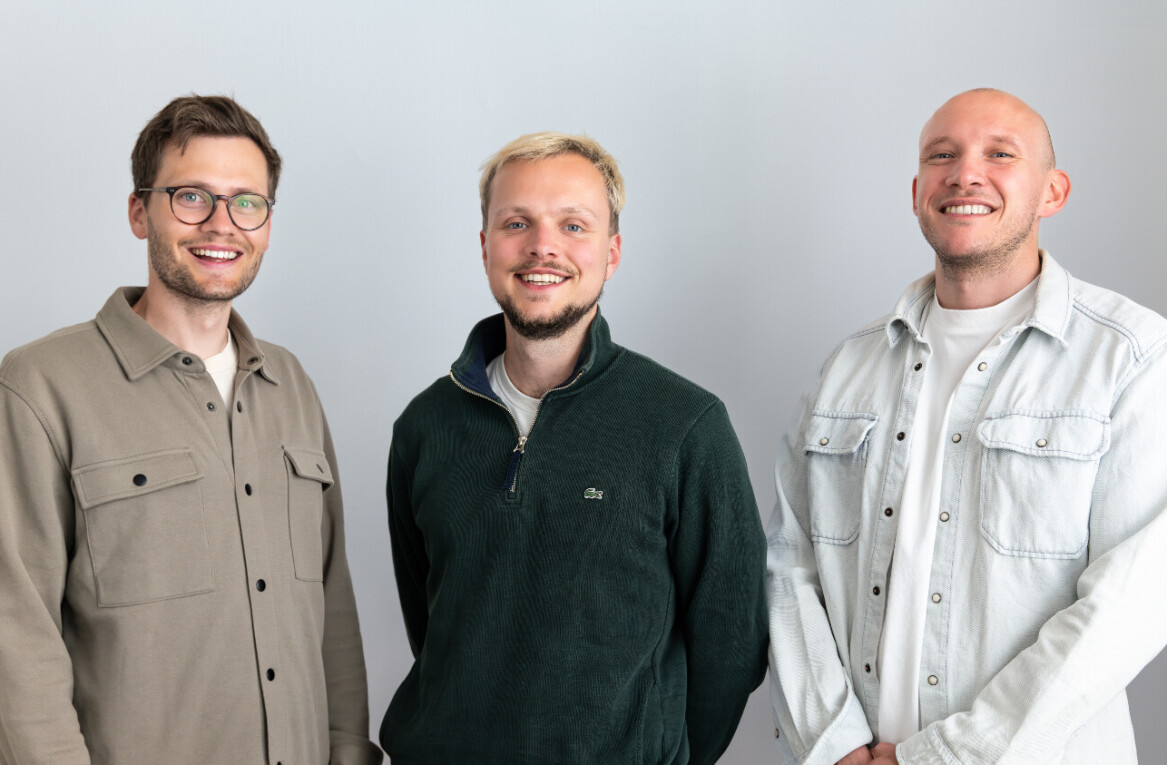
A number of Silicon Valley-backed startups are thinking outside the box in terms of gauging risk and creditworthiness of would-be borrowers in the developing world.
In Africa, where banks are scarce and creditworthiness isn’t typically measured with a FICO score, microlending is making its mark.
It’s not a perfect solution.
The loans carry interest that can exceed 25 percent. Sending a representative into the field to assess the borrower’s business isn’t efficient and building branches in the region is costly, and often, a bureaucratic nightmare.
App-based lending might be the answer.
InVenture, a Silicon Valley-funded app-lending platform, provides these same loans between 6 and 12 percent interest. All that’s required of the would-be borrower is access to his or her smartphone.
After the user installs an app, algorithms go to work extracting data for things like call times, gambling activity and text messages. The algorithms then attempt to score borrowers and assess risk for the lender based on this behavior.
As it turns out, smartphone usage data can tell us quite a bit. For example, InVenture’s algorithms tell us that users who wait until after 10pm to make calls — when rates are lower — are lower-risk borrowers.
Another platform, Branch, somewhat counterintuitively, found that known gamblers are actually more likely to repay a loan than those with no gambling activity.

These algorithms also tell us that those that receive more text messages than they send, travel more often, and charge their battery less frequently are all lower-risk borrowers.
Other venture-backed companies, such as Affirm, LendUp and ZestFinance have algorithms that monitor and quantify social media usage and online behavior to score borrowers.
An April report from Pew Research Center stated that 34 percent of South Africans, 27 percent of Nigerians and 15 percent of Kenyans already own a smartphone. As mobile data networks begin to take a stronger foothold in the area, the numbers will continue.
A recent report by Omidyar Network suggests as many as 325 and 580 million people without a credit score could benefit from app-based lending.
With a developing continent just beginning to come online, major players in the finance industry have taken notice.
Visa Inc. has built mobile payment applications in Rwanda is is currently working with IBM to score creditworthiness based on retail transactions.
Alibaba Group is in the mix as well and intends to use its own transaction data to assess risk.
This is just the beginning. Developing markets in Africa — and elsewhere — offer huge opportunities for lenders. Finding a way to quantify risk on these loans is still a challenge, but smarter algorithms that analyze online data may just be the answer.
➤ Lending Startups Look at Borrowers’ Phone Usage to Assess Creditworthiness [The Wall Street Journal]
Get the TNW newsletter
Get the most important tech news in your inbox each week.




